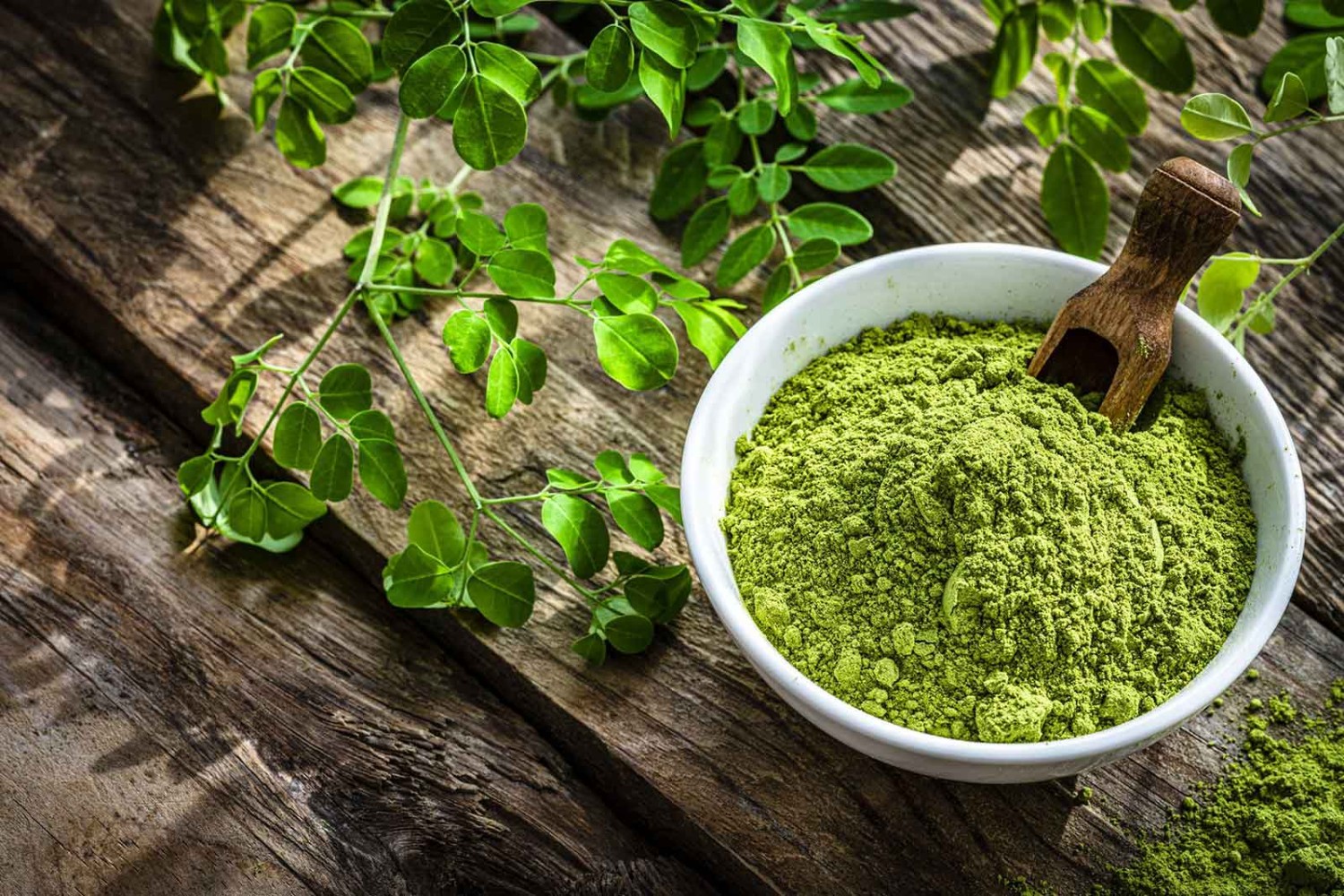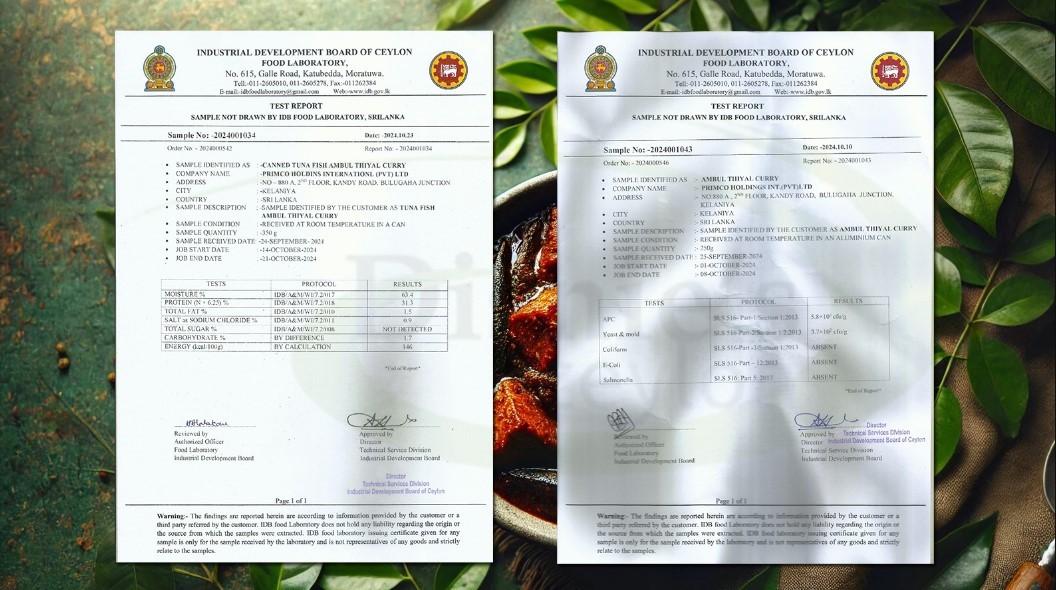Moringa Leaves – 16 Health Benefits That You Should Know

Moringa Leaves – High in Nutrients
The moringa leaves are nutritionally very rich, leaving behind carrots, oranges and even milk in terms of nutrition value. The leaves find many uses in Indian cuisine as they are versatile and can be incorporated into the diet in many ways. Adding them to juices and using them as stir-fry vegetables are the most common ways in which they are eaten. When consumed in their natural form, the moringa leaves have no side effects.
Amazing health benefits of moringa leaves:
1. Rich in Vitamins and Minerals
Moringa leaves are rich in vitamins A, C, B1 (thiamin), B2 (riboflavin), B3 (niacin), B6 and Folate. They are also rich in magnesium, iron, calcium, phosphorus, and zinc.
One cup of moringa leaves will contain 2 grams of protein, magnesium (8 per cent of the RDA), Vitamin B6 (19 per cent of the RDA), Iron (11 per cent of the RDA), Riboflavin (11 per cent of the RDA) and Vitamin A (9 per cent of the RDA).
2. Rich in Amino Acids
Moringa leaves are rich in amino acids, the building blocks of proteins. 18 types of amino acids are found in them and each of them makes an important contribution to our wellbeing.
3. Fight Inflammation
Inflammation is how a body naturally responds to pain and injury. Moringa leaves are anti-inflammatory in nature due to the presence of isothiocyanates. They have niazimicin that is known to reign in the development of cancer cells. Inflammation is the root cause of many diseases like cancer, arthritis, rheumatoid arthritis, and many autoimmune diseases. When we suffer an injury or infection, the body suffers increased inflammation.
Basically, it is a protective mechanism against trauma but because of a wrong lifestyle and an unhealthy diet, inflammation can increase in the body. Long-term inflammation leads to chronic health issues. Eating moringa leaves helps to reduce inflammation.
4. Rich in Antioxidants
Moringa leaves have anti-oxidative properties and protect against the damaging effects of free radicals present in the environment. The damage caused by free radicals is responsible for many chronic diseases like type 2 diabetes, heart problems and Alzheimer’s.
Moringa leaves are rich in vitamin C and beta-carotene that act against free radicals.
They also have Quercetin which is an antioxidant that helps to lower blood pressure. Another antioxidant that is present in moringa leaves is Chlorogenic acid which helps to stabilize blood sugar levels post meals.
A study in women showed that taking 1.5 teaspoons of moringa leaf powder regularly for three months had shown a significant increase in blood antioxidant levels.
5. Lower Blood Sugar Levels
Sustained high blood sugar levels lead to the development of diabetes in individuals. Diabetes, in turn, can cause heart problems and organ damage in the body. To avoid this, it is good to keep the blood sugar levels in check. Moringa leaves are a perfect resource for that as they stabilize the blood sugar levels due to the presence of isothiocyanates.
6. Lowers Cholesterol
Apart from oats, flaxseeds, and almonds, moringa leaves are a dependable remedy against high cholesterol. Cholesterol is the major reason why people suffer from heart diseases and eating moringa leaves has known to show considerable improvement against high cholesterol levels. Moringa oleifera can lower those levels and protect against the risk of heart disease. Pregnant women usually experience higher levels of cholesterol, which can in turn increase the risk of developing gestational diabetes during their term. What is gestational diabetes? It is a type of diabetes that is first detected in pregnant women who did not have diabetes before they were pregnant. Moringa leaves can certainly be included in the diet for gestational diabetes.
7. Protects the Liver
Those who have tuberculosis can benefit greatly from moringa leaves as they reduce the negative effects of anti-tubercular drugs. The leaves accelerate the repair of the liver cells. The leaves have a high concentration of polyphenols that protect against oxidative damage to the liver and may even reduce it. They increase the protein levels in the liver.
The liver is the site of blood detoxification, fat metabolism and nutrient absorption and it can function properly only if the liver enzymes are normal. Moringa leaves stabilize these liver enzymes.
8. Protects Against Arsenic Toxicity
In many parts of the world, arsenic contamination is a common problem. Arsenic has found its way in our systems through many food items, particularly rice.
Long-term exposure to this element can lead to the development of cancer and heart disease. Research on lab animals has shown that moringa leaves to combat the effects of arsenic toxicity.
9. Good for the Stomach
Moringa leaves are beneficial against digestive disorders. Those who suffer from constipation, bloating, gas, gastritis and ulcerative colitis should add Moringa leaves to their diet.
The leaves have antibiotic and antimicrobial properties which make them an ideal remedy against digestive disorders. Even the high amount of B vitamins in the leaves helps in improving digestion.
10. Improves Bone Health
Moringa leaves are rich sources of calcium and phosphorus. Both of these elements are needed for good bone health. Since moringa leaves have an anti-inflammatory nature, they help combat arthritis and may even heal bones that are damaged.
Moringa oleifera also fights against osteoporosis and keeps bone and teeth strong
11. An Antiseptic
Moringa leaves are antiseptic and fight off many bacterial infections. They are even beneficial towards wound healing and help to heal bruises, minor cuts, and burns quickly as they reduce the clotting time.
12. Improve Lactation
In traditional Ayurvedic medicine, moringa leaves were used to increase lactation in nursing mothers. Since they are a rich source of protein, important vitamins, and essential nutrients, consuming moringa leaves is very good for the health of the mother and the baby.
13. Helps in Weight Management
Moringa leaves increase fat burning in the body. They slim down the person without depleting energy reserves. This keeps the person feeling buoyant and nourished. They reduce cravings for food and boost metabolism. They also lower cholesterol.
14. Good for Skin and Hair
Due to an abundance of antioxidants and nutrients, moringa leaves improve the health and appearance of skin and hair. They add suppleness to the skin and shine to the hair. The antioxidants present in moringa leaves reduce the appearance of fine lines and wrinkles on the skin. They have about 30 antioxidants present. Not just this, a paste of moringa leaves when applied to the scalp and the hair reduces dandruff and adds life and bounce to dull, lifeless hair. The leaves also strengthen the hair follicles. They are also good for acne-prone skin. This is why moringa leaves are part of many cosmetics. They improve the skin tone and add a glow due to their purifying nature and therapeutic properties.
15. Good for Nervous System
Many nervous disorders have been known to show positive results against the use of moringa leaves. They support brain health and work as neuro-enhancers. The high concentration of vitamins E and C combat neural degeneration and helps improve brain function. Those who have a migraine or suffer from recurring headaches must eat moringa leaves regularly. These leaves also work as mood balancers as they stabilize the production of neurotransmitters like serotonin, dopamine, and noradrenaline which are important for memory, mood and for stimulus-response.
16. Good for Detoxification
Moringa leaves are natural cleansers and help to detoxify the system. This helps to keep the body and increases immunity against various infections. They also increase the energy levels in the body.
Potential Downsides
- Moringa and its leaves may not be for everyone. While generally considered safe and healthy for most, there are some minor side effects to watch out for. In large doses, the leaves, bark, roots and moringa fruit may have laxative properties.
- In pregnant women, the roots, bark and extract of Moringa may cause uterine contractions. Pregnant women should take the advice of their doctors before including Moringa leaves or products into their diets.
- Similarly, breastfeeding women should avoid Moringa leaves since it is unknown whether any of the chemicals or substances present can pass through the milk to the child.
- In some cases, Moringa leaf powder has been found to contain higher than the recommended tolerable amounts of lead, please source any extracts you use only from reputable companies.
- Lastly, it is recommended that people on blood thinners should also avoid Moringa unless you consult your doctor first. As with all things, when taken in moderation it can be safe for most people, so always use it with caution.
Interactions with Moringa
| Thyroid Medicines | Particularly, Levothyroxine medicine. Since moringa may increase thyroid function, it should not be taken along with other thyroid medicines. |
| Medicines broken down by the liver | Moringa may slow down the breakdown of medicines in the liver, this may lead to subsequent issues. |
| Diabetes | Both moringa and diabetes medicines reduce the amount of glucose in the blood. If both are taken together then the blood sugar may drop too low. |
| Blood pressure | Moringa has blood pressure-lowering properties, when taken with pressure medication it may cause your blood pressure to drop. |
Conclusion
Moringa leaves provide a powerful punch of nutrition and have an anti-inflammatory nature. Their antioxidative properties combined with their cellular-health protective properties make them a new ‘superfood’. They suppress the production of inflammatory enzymes and lower sugar levels. Make these a regular part of your diet to reap rich health benefits.
Source: pharmeasy.in


